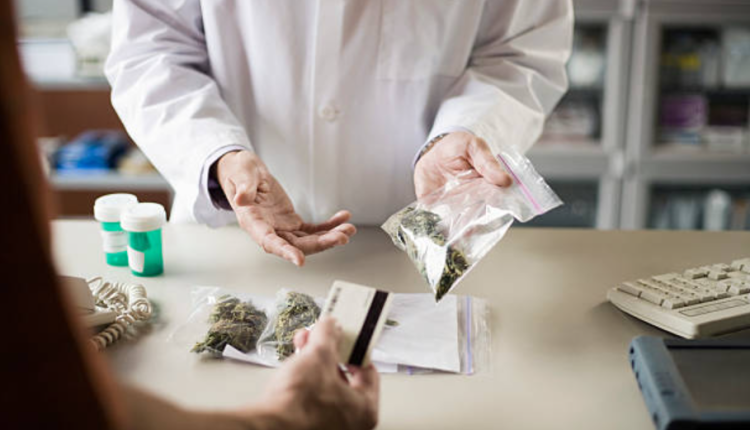California Enforces Shutdown on Cannabis Lab Testing per State Guidelines
New testing requirements advances have sparked a surge of changes and compliance procedures in the ever-changing cannabis business in California.
Following the Department of Cannabis Control’s (DCC) implementation of stringent new standards to counter deceptive labeling practices, several laboratories assessing the potency of cannabis flowers found themselves falling out of compliance.
Reports from the DCC’s website unveiled that as of January 4, only 18 out of the state’s 38 labs met the updated requirements.
Non-compliant labs face restrictions from testing cannabis flower, a prominent category within the legal cannabis market, encompassing the plant’s buds and non-infused pre-rolled joints.
While concerns lingered about potential product delays, David Hafner, a spokesperson for the department, reassured stakeholders. Hafner emphasized that while slight delays might arise, the DCC has expedited re-sampling requests to mitigate any significant disruptions in product availability at dispensaries.
California’s Cannabis Sector Faces THC Inflation Allegations

The revised guidelines aim to standardize cannabinoid test methods across licensed laboratories. This standardization seeks to guarantee consumers receive accurate and consistent information regarding the cannabinoid content of cannabis products they purchase or use.
California’s legal cannabis sector has faced allegations of inflated THC content in products, driving up their market value. Increased THC levels often command higher prices, creating an incentive for labs to manipulate test results. This practice impacts wholesale cannabis prices, affecting growers’ earnings.
These measures stem from a 2021 law passed by the California Legislature to tackle fraudulent labeling practices. This move aligns with efforts to address concerns raised by consumers.
In 2022, a lawsuit filed against certain companies highlighted allegations of artificially inflating THC levels in their products, sparking debates and vehement rebuttals against the claims.
As the industry navigates these changes, the landscape of cannabis testing and compliance in California remains under scrutiny, underscoring the ongoing efforts to uphold transparency and integrity within the burgeoning legal cannabis market.

